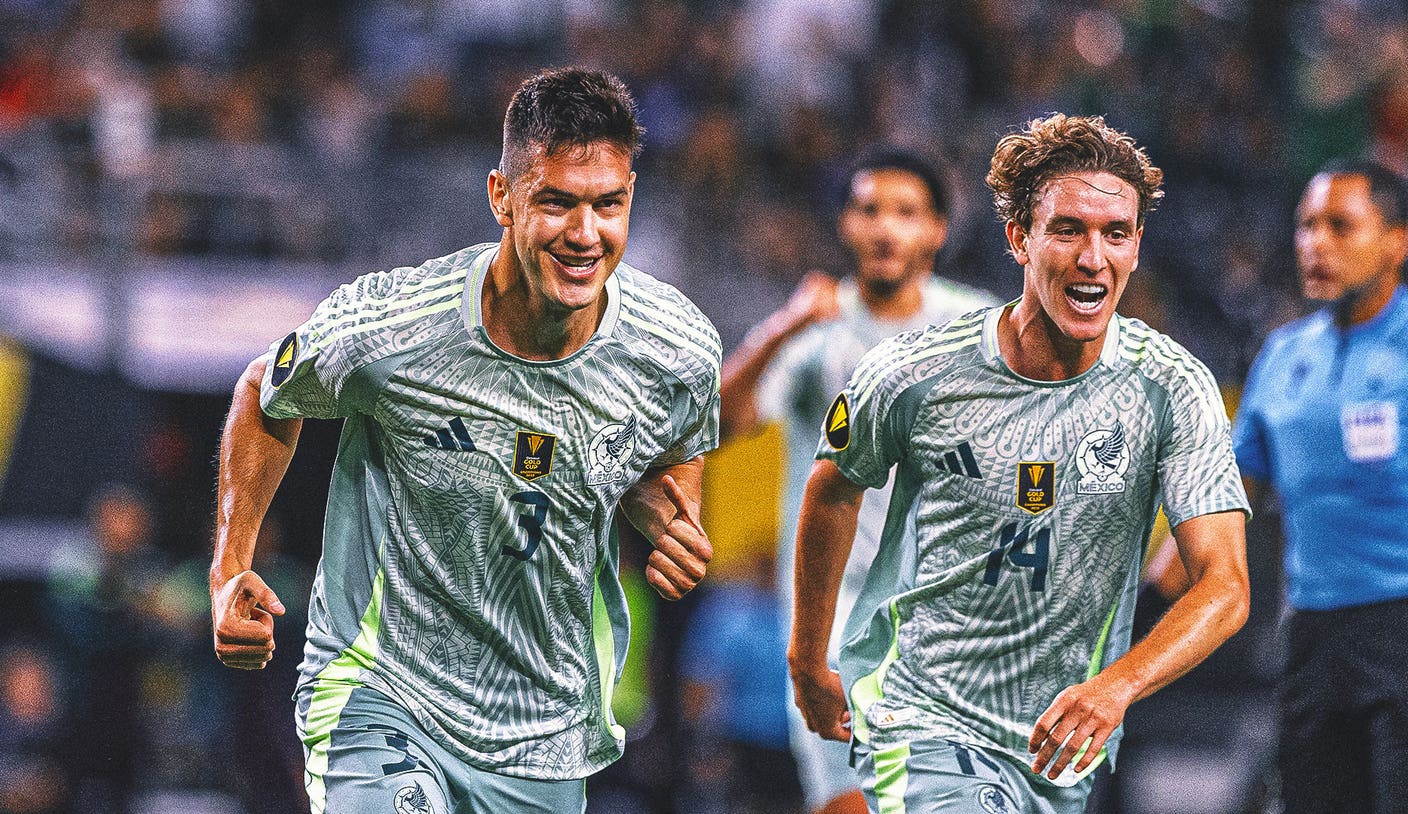What Happened
On June 22, 2025, Mexico faced Costa Rica in a crucial match of the CONCACAF Gold Cup group stage at Allegiant Stadium in Las Vegas, Nevada. This match was significant as it determined the winner of Group A, with both teams having already secured their spots in the knockout rounds due to previous victories. Mexico entered the match with a slight edge, leading the group on goal differential, and only needed a draw to finish first. The stakes were high, as the winner would face Saudi Arabia in the quarterfinals, while the loser would play against the United States, the winner of Group D.
The match concluded with Mexico winning 2-1, thereby securing the top position in Group A. This victory allowed Mexico to advance to the quarterfinals against Saudi Arabia, while Costa Rica, despite a strong performance, was set to face the United States. The match showcased both teams’ strengths, with Mexico’s defense and offensive strategies playing a crucial role in their success.
Key Details
- Match Date and Venue: June 22, 2025, at Allegiant Stadium, Las Vegas, Nevada.
- Teams: Mexico vs. Costa Rica.
- Outcome: Mexico won 2-1, finishing first in Group A.
- Previous Matches: Mexico had defeated Suriname 2-0 and the Dominican Republic 3-2 in earlier group matches. Costa Rica had secured victories against the Dominican Republic (2-1) and Suriname.
- Goal Scorers: Mexico’s Cesar Montes scored both goals for his team, while Costa Rica’s goal came from Josimar Alcocer.
- Next Matches: Mexico will face Saudi Arabia in the quarterfinals, while Costa Rica will play against the United States.
Multiple Perspectives
The match was characterized by differing perspectives on the performance of both teams. Mexico’s coach, Javier Aguirre, expressed confidence in his team’s ability to secure the top spot, emphasizing the challenges they faced in the group and the importance of their defensive strategy. Aguirre noted that while the team had performed well, the competition was tougher than it appeared.
Conversely, Costa Rica’s coach, Miguel Herrera, acknowledged the quality of the Mexican team but remained optimistic about his squad’s potential in the knockout stage. Herrera, who previously managed Mexico, highlighted the need for his players to learn from this match and improve as they prepared for their upcoming game against the United States.
Analysts have pointed out that Mexico’s victory was not just a result of individual brilliance but also a reflection of their cohesive team play and tactical execution. In contrast, Costa Rica’s performance, while commendable, revealed areas for improvement, particularly in their defensive organization.
Context & Background
The CONCACAF Gold Cup is a significant tournament for national teams in North America, Central America, and the Caribbean, providing a platform for teams to showcase their talent and compete for regional supremacy. Mexico has historically been a strong contender in this tournament, often reaching the later stages and winning multiple titles. Costa Rica, while also competitive, has faced challenges in advancing past the group stages in recent tournaments.
The implications of this match extend beyond the immediate results, as it sets the stage for the quarterfinals and highlights the evolving dynamics of soccer in the region. The presence of teams like Saudi Arabia in the Gold Cup reflects the tournament’s growing international appeal and the increasing competitiveness of CONCACAF.
What We Don’t Know Yet
While the outcome of the match has been determined, several uncertainties remain. The specific strategies both teams will employ in their upcoming knockout matches are still unclear, as adjustments may be made based on the lessons learned from this encounter. Additionally, the health and fitness of key players, such as Mexico’s Cesar Montes, who has emerged as a standout performer, will be critical as teams prepare for the next stage of the tournament.
Furthermore, the impact of this match on the long-term strategies of both national teams is yet to be fully understood. As they move forward in the tournament, the effectiveness of their coaching decisions and player selections will be closely scrutinized, particularly in the context of preparing for future international competitions, including the FIFA World Cup.


